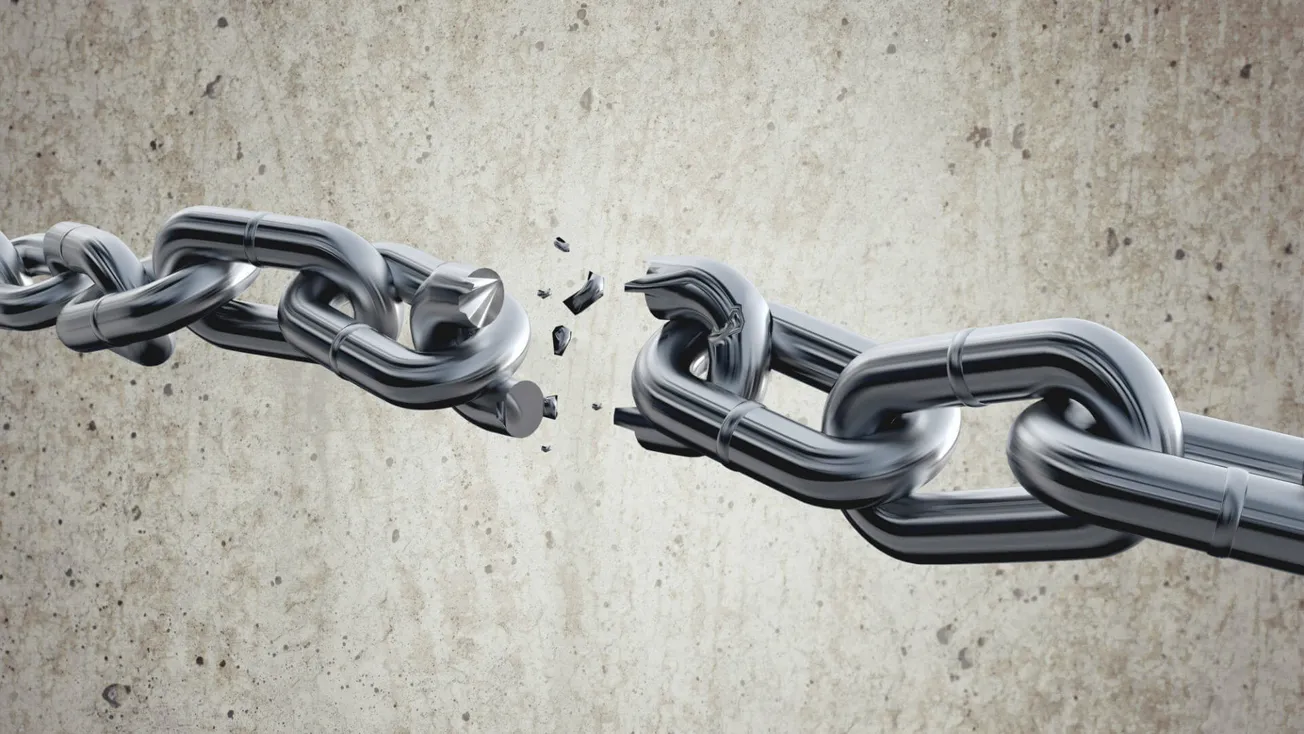Table of Contents
Information
Opinion
By far the worst former-communist country was Romania. When the regime fell at the end of 1989 and the world saw what they had been doing it was truly shocking. Wicked and evil doesn’t begin to describe it. What the commies had done to keep control was to degrade vast swathes of the population.
First they required that every family have five children, then they engineered food shortages; when people had numerous children to feed they would do anything to get food. The commies would tell housewives to, for instance, get to the bread shop by 9am, then make them wait in the rain or snow. Then they’d get half a loaf of bread, freezing and wet, at, say, 4pm (“see you tomorrow”). Anybody who complained missed out.
Degrading millions of people in this fashion kept the commies in power; we can only speculate whether people sitting around the Cabinet table in New Zealand see much wrong with such conduct.
I have always suspected that the constant hammering of farmers is all deliberate. In short: when the food runs out and chaos results, people will be too desperate to feed their children to worry about blaming those responsible. When told ‘you can eat but in return give up most of your rights – and you must decide right now’, most people will embrace tyranny seemingly with open arms. Difficult to think of any other logical explanation for the war on farming.
Sri Lanka has declared itself bankrupt; yet another country fallen victim to decolonisation, to the lefty con game of booting out the British.
Consider the recent history of Sri Lanka under a regime that declares certain people to be second-class citizens: a fake language replaces English, a brain drain results as businessmen and other ‘grafters’ flee the country, insane economic policies are introduced, insane levels of borrowing take place, printing money to boost GDP is initiated…
(Starting to sound familiar, dear reader?)
Then the king hit last year when it was declared by the Sri Lankan Government that all farming would henceforth be 100% “organic”. Almost all people involved in agriculture had not the faintest idea what that meant, nor were they prepared for a (literally) overnight transition. Food production collapsed. Food shortages resulted earlier this year – economic collapse not far behind.
(Sounding even more familiar?)
The main problem in New Zealand is that people look around and see a first-world country; they see infrastructure, businesses, rule of law, farms, yachts in the harbour… We’re ‘white people’ (let’s be frank here, folks: the time for indulging in fantasy is over). Consequently it becomes almost impossible to believe it could all just ‘go’ or disappear. Any claims (beyond partisan political rhetoric) that we’re actually approaching the cliff are hard to believe.
This belief in a continuous status quo is the problem.
In reality we are fast approaching Sri Lanka-style divisions between different people, with economic disasters, unsustainable debt levels and chaos. It is only a matter of time before we get there: shame you were too busy watching sport on television, drinking beer and assuming everything you’d known your entire life was still out there somewhere to do anything about it.









